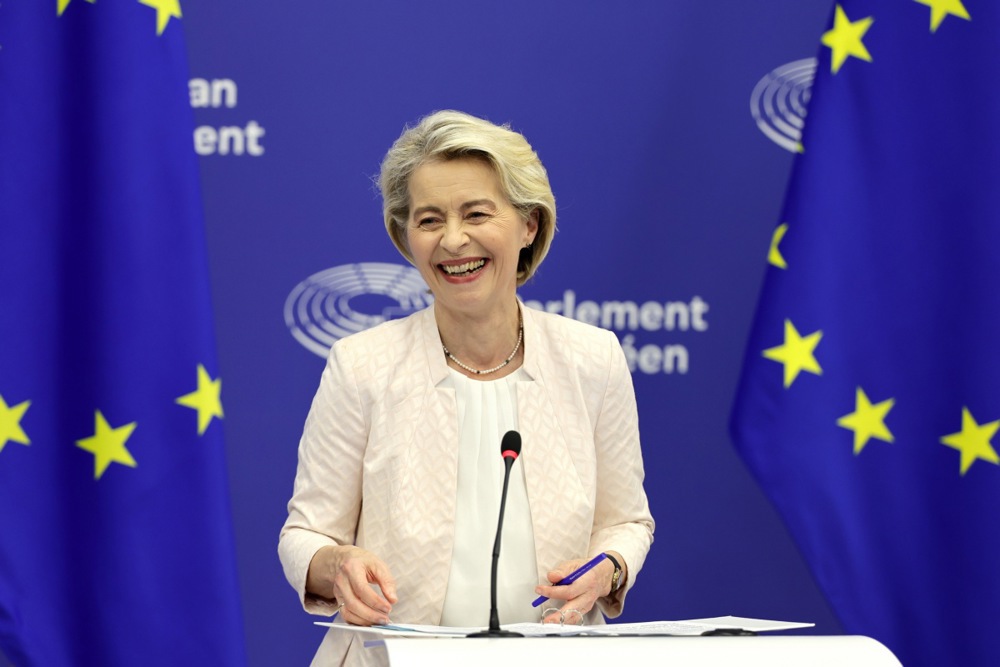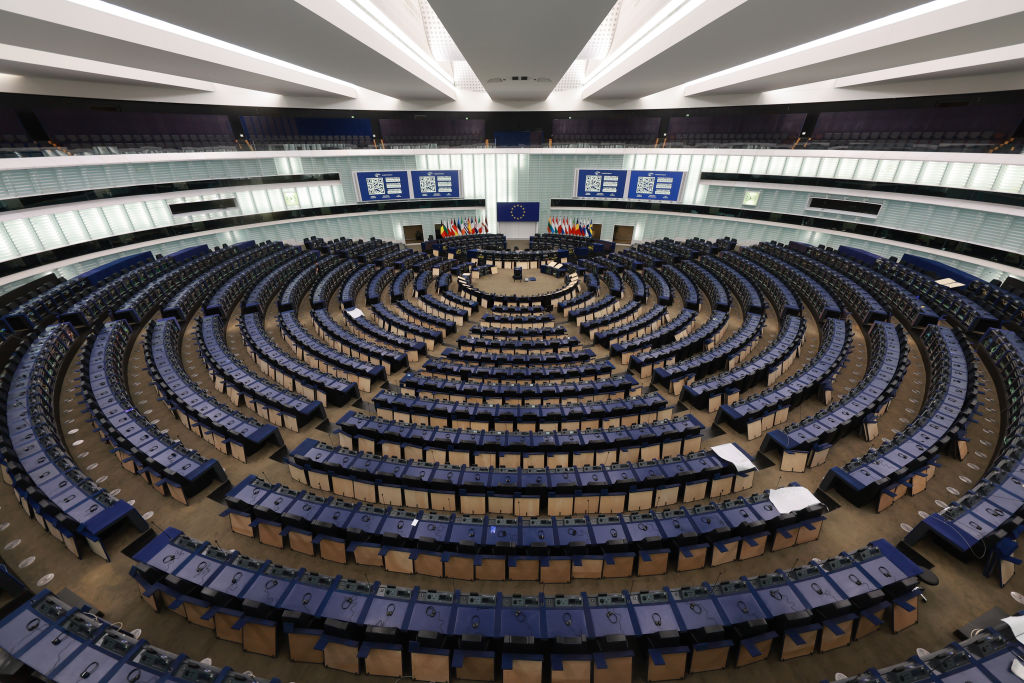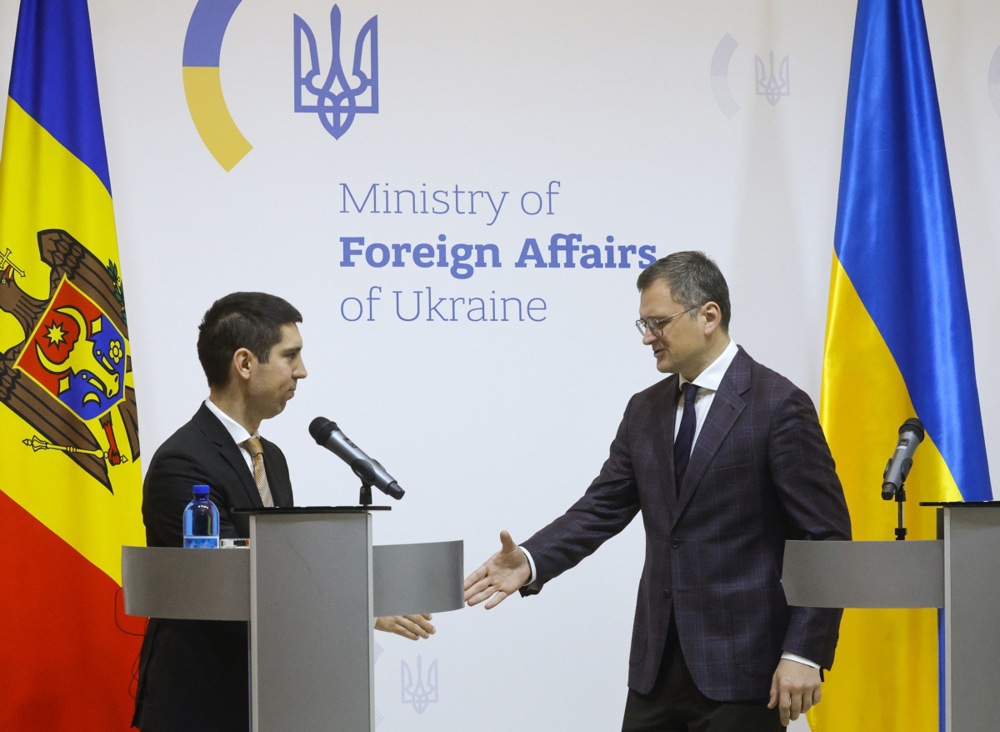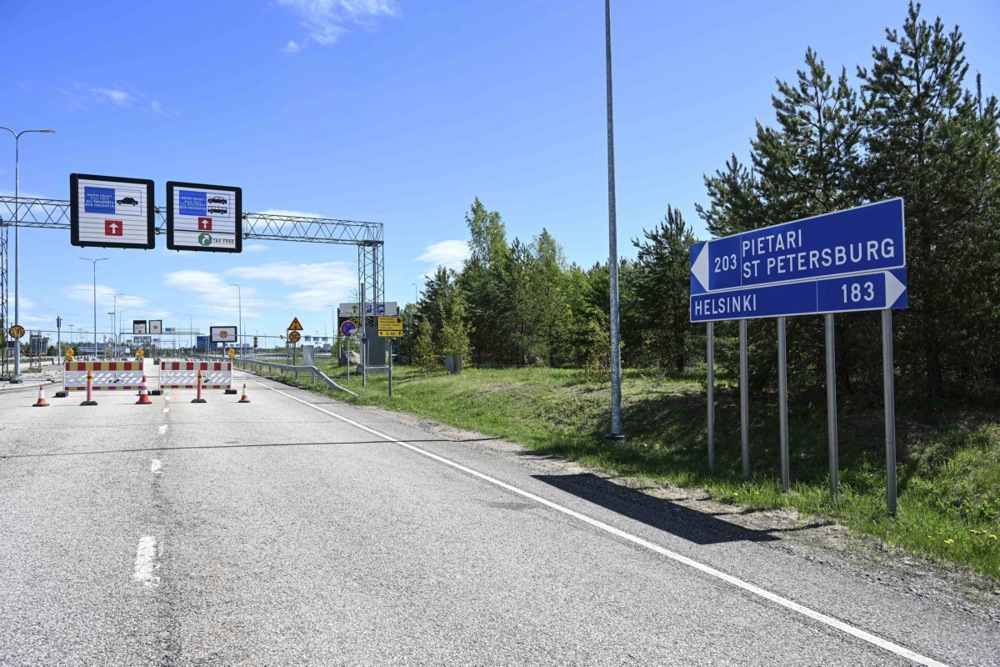The EU-Serbia lithium deal, aimed at reducing Chinese influence, faces sharp criticism over Serbia’s rule of law issues and the EU’s perceived prioritisation of resource acquisition over democracy and governance concerns.
Florian Bieber, professor of political science and history at the University of Graz, took the EU to task over its policies towards Serbia.
With the signing of the deal on June 19, European bigwigs including Maroš Šefčovič, the outgoing vice-president of the European Commission who is responsible for the Green Deal, and German Chancellor Olaf Scholz had visited Belgrade.
Šefčovič called the partnership “historic” and “a testament to our shared commitment to driving forward the ‘green’ transition”.
Germany was able to offer the project its expertise with environmental protection and biodiversity and had extensive mining knowledge, said Scholz.
In an opinion piece published in the Serbian magazine Radar on August 2, Prof Bieber underlined what he said were the many issues around the lithium mining project.
He said there was grassroots opposition in Serbia against the plan, which had led to its initial cancellation, and he questioned the legality of the entire mining project.
“The timing and content of the Constitutional Court’s decision, of course, conveniently illustrate the ‘independence’ of Serbian institutions,” he said.
“The fact that the meeting [with Scholz and Šefčovič] took place just a week after the Constitutional Court cleared the way for the project’s renewal should serve as a warning.
“Serbia lacks independent institutions to oversee compliance with environmental standards”, Bieber said, adding: “There is no room for public debate and critical voices in the country.”
The professor said he doubted if the mining project would respect environmental standards or bring prosperity to Serbia.
“There are no domestic institutional checks. There is no reason to believe that this could change, given that the enslavement of the state is fundamentally significant to the governance system of the ruling party.”
According to Bieber, the Serbian Progressive Party has systematically taken over all state institutions since coming to power in 2012.
“No [institutions] are independent of the ruling party and president. Consequently, there are no domestic institutional checks. There is no reason to believe that this could change, given that the capture of the state is fundamentally important to the ruling party’s governance system,” he said.
President of the European Commission Ursula von der Leyen made a four-day visit starting October 30 to North Macedonia, Kosovo, Montenegro, Serbia, and Bosnia and Herzegovina, all of which hope to join the European Union. https://t.co/RxNawJLlcN
— Brussels Signal (@brusselssignal) November 2, 2023
He added that there was little room for public debate or critical voices in Serbia.
“There are a few independent media outlets, but they have no national reach and are constantly targeted by media controlled by the government and private individuals close to the ruling party,” Bieber said.
“Any criticism of the ruling party, President Vučić, or their key policies is met with ad hominem attacks, smear campaigns, and hate speech.”
He added that, in his opinion, because the EU has a clear conflict of interest, it could be expected to be an independent overseer of standards.
“The project is clearly motivated by the interest in meeting lithium needs without the help of China, so serious consideration must be given to whether the EU will insist on environmental and social standards in Serbia. Even if it does insist, the question is whether it is capable of doing so.
“Environmental and social consequences of similar projects in Serbia are depressing.
“Several mining investments by Chinese companies have brought significant pollution and slave-like conditions to imported labour despite Serbian laws. Serbian authorities have protected the projects and investors. Considering the value of this investment, there is no reason to think this time will be different,” he contended.
“This move practically buries the European integration of the Western Balkans, showing that the European Union values economic interests more than the rule of law and democracy.
“It would be naive to believe that other Western Balkan governments won’t remember this. People who have taken to the streets of Serbia and the region because reckless investors and complicit states are destroying their environment will feel even more abandoned,” he added.
“And you know what? They won’t be seeking help or support from the European Union.”
Aleksandar Vučić has swept to victory in Serbia’s snap elections amid vote-rigging accusations from the opposition. https://t.co/L2vILLtEVi
— Brussels Signal (@brusselssignal) December 18, 2023





